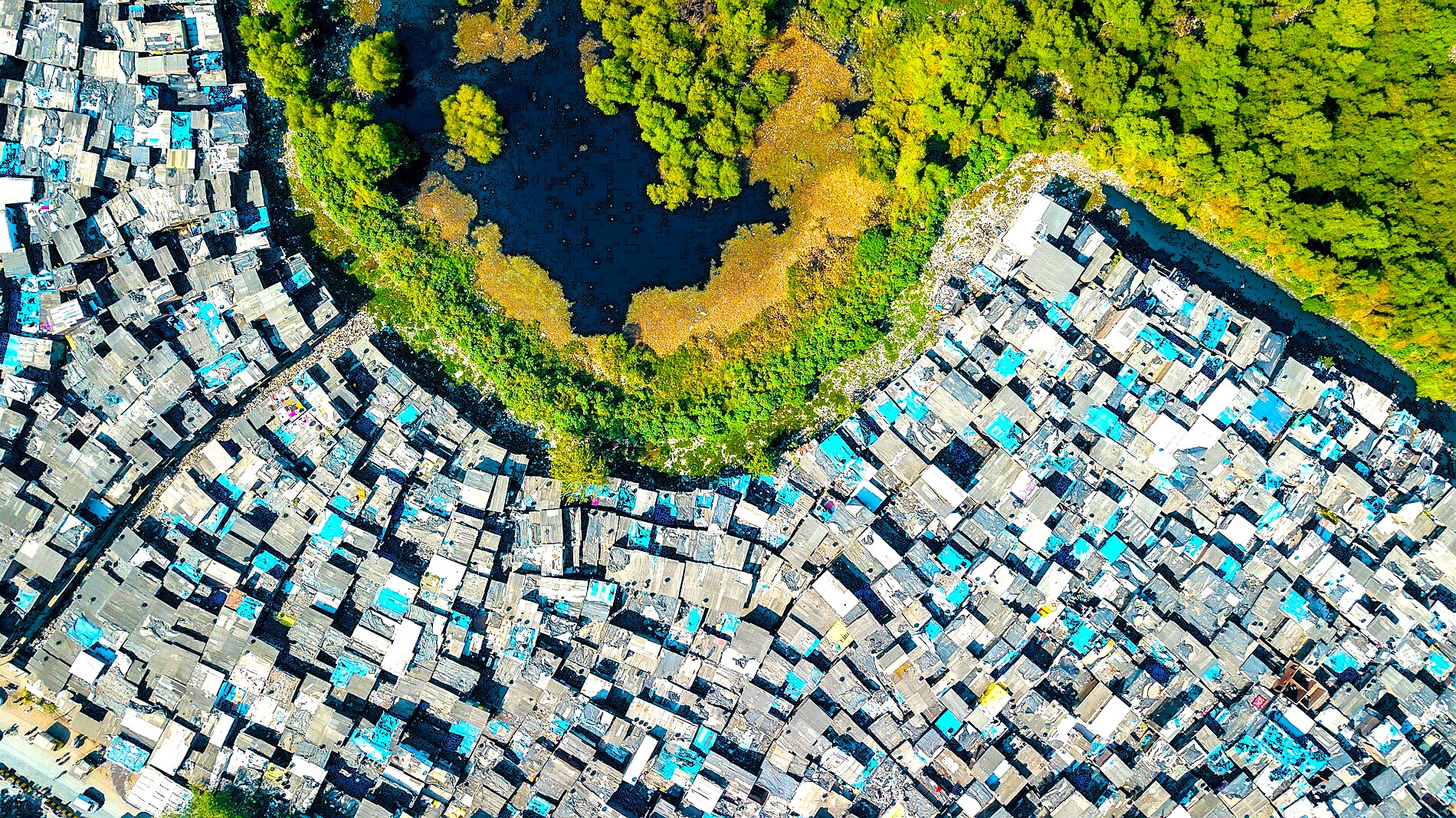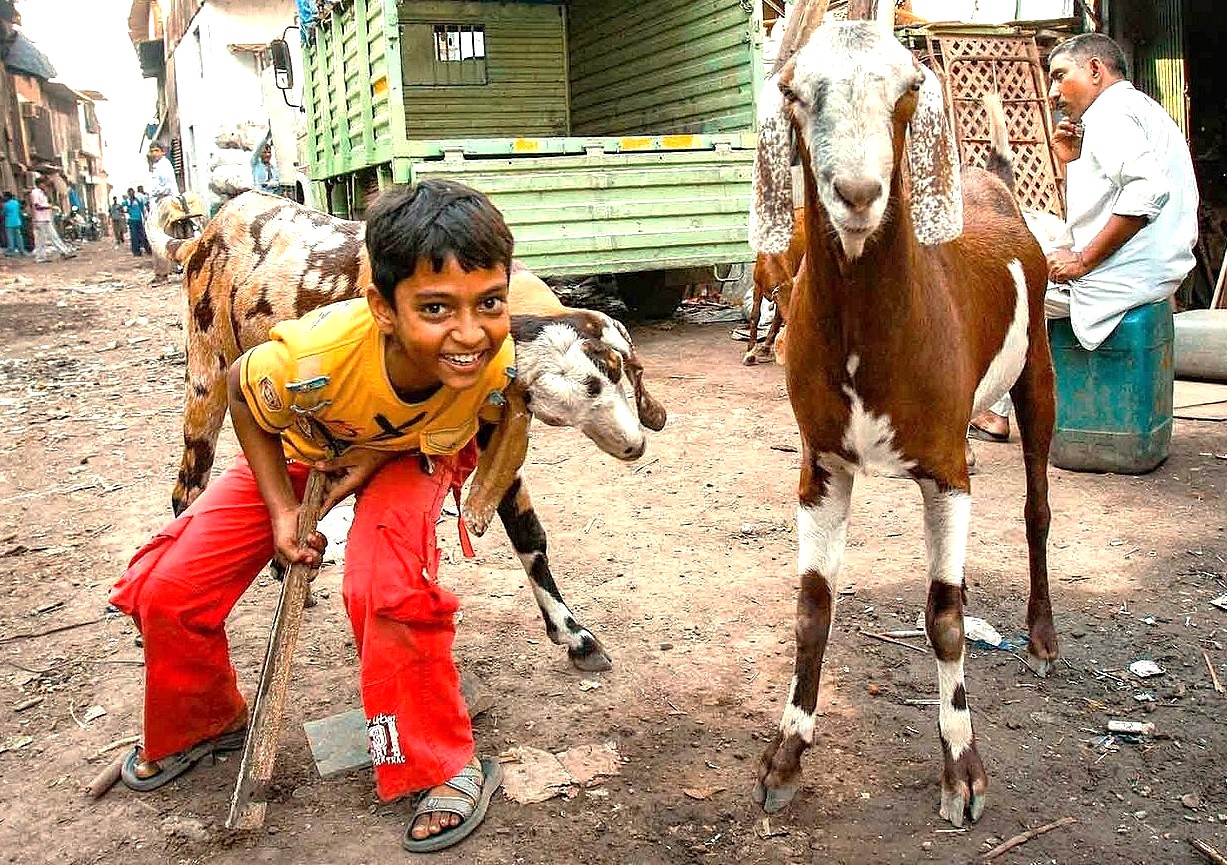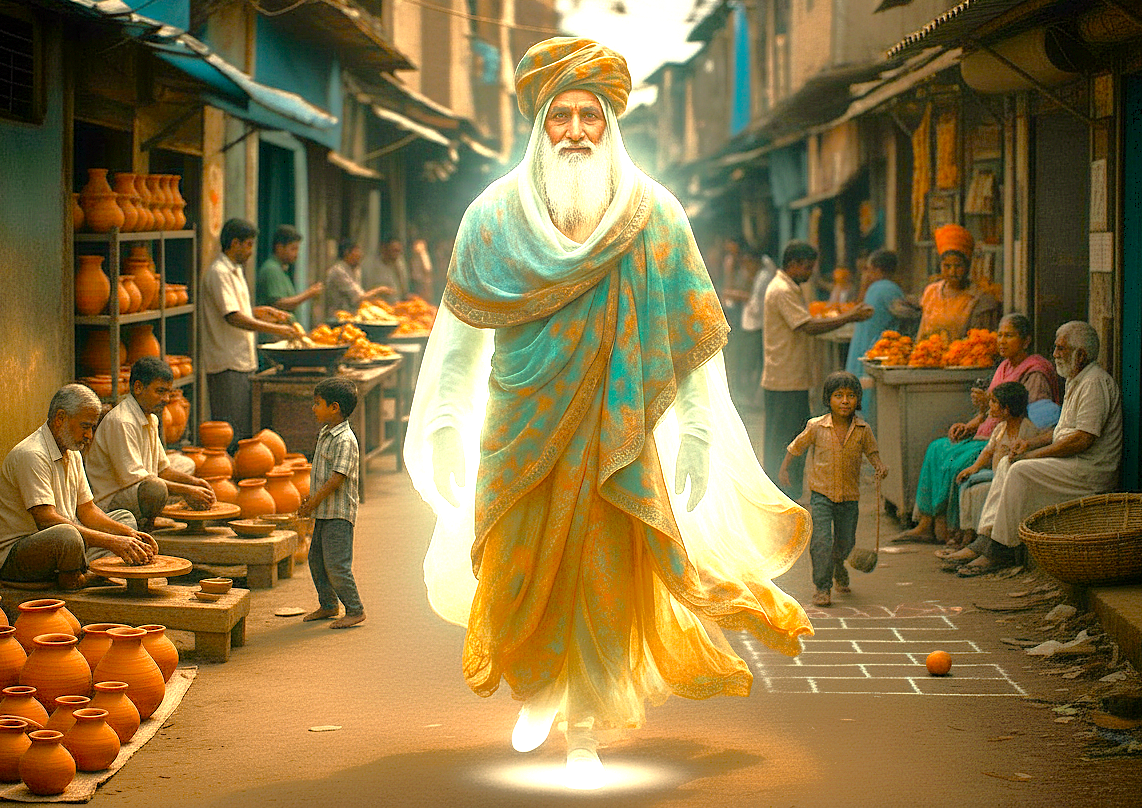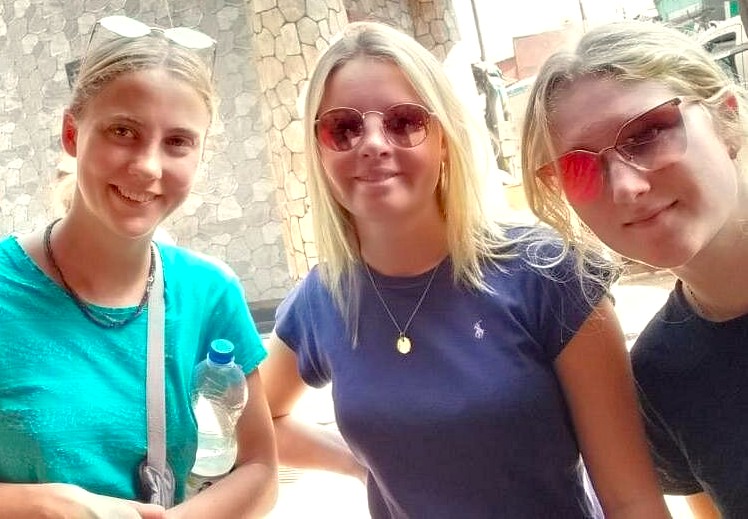Echoes of Ancient Lands
Dharavi Slums Mumbai India
Mother Masala Tours
A Journey Through Resilience
Dharavi Slums Mumbai India. Often characterized as one of the most densely populated slums in Asia, covering 2 square kilometers. Despite the challenges it faces, this area is home to between 700,000 and 1,000,000 residents, who embody resilience and community spirit. The name “Dharavi” is derived from the word “dharavi,” which means “to give” in Sanskrit, signifying a place where people come together to share resources and support one another. The Slums emerged in the late 19th century, undergoing significant transformation as it became a place for various industries. Originally a fishing village, it transitioned into an area of small-scale manufacturing, particularly noted for its pottery and leather goods.

Dharavi Slums Mumbai India: Sacred Spaces
The slums are filled with unique elements that reflect its rich cultural fabric. It houses various local temples and spaces where much of the community life takes place. For instance, the Bappa Moraya Mandir, dedicated to Ganesha, serves as a focal point for celebrations and gatherings. The temple area would often see lively festivals, and the community participates in various rituals throughout the year, creating a sense of togetherness.
Ancient Mosaics: Impeccable Craftsmanship

The craftsmanship reflects skills passed down through generations. The leather industry stands out prominently, with artisans producing a variety of goods, including bags, wallets, and shoes. Many of these craftsmen have been practicing their skills for decades, using traditional techniques that have been refined over time. These artisans often work from small workshops equipped with basic tools, which allow them to manage intricate designs and high-quality finishes. Notable artisans may start work early in the morning and continue late into the evening, driven by the desire to perfect their craft.
Community of Creativity
Dharavi Slums Mumbai India. Life in this slum is characterized by a unique pulse, defined by community spirit and resilience. The locals have cultivated bonds that reflect a supportive network, where neighbors help one another through various means - from childcare to financial assistance. The atmosphere is one of shared experiences, encouraging a tightly-knit community. As we stroll through the narrow streets and alleyways, we notice the vibrant interactions among residents. Whether it is greeting each other during their daily routines or offering assistance in times of need, the camaraderie is palpable. We find that local residents often engage in community activities, such as cleaning drives and educational programs for children, showcasing their commitment to improvement and well-being.
Capturing the Magic: A Photographic Haven

Here are countless opportunities to capture stunning photographs that narrate the lived experiences of its residents. The captivating street scenes, adorned with vibrant murals, offer a glimpse into the daily lives of the locals. Wander through the bustling markets, where vendors tempt you with delectable snacks, and artisans skillfully craft their wares. Each frame you capture has the power to tell a compelling story, from the expressive faces of the people to the intricate details of the handmade goods. A unique chance to document life unfiltered, celebrating the resilience that thrive through challenges.
A Culinary Journey: Savor the Flavour
When it comes to food, Dharavi delights the senses with diverse offerings that reflect the culture of its residents. Indulging in local street food is a must while exploring the area. Popular options include vada pav, a spicy potato fritter served in a bun, and pav bhaji, a mixed vegetable dish accompanied by buttered bread. We discover stalls offering bhel puri, a delightful mixture of puffed rice, vegetables, and tangy chutneys, along with dahi puri, which combines crispy puris, yogurt, and tamarind sauce.
The Connection with the Gods

The spiritual life of the Slums is intertwined with the devotion displayed by its residents. Deities such as Ganesha and Goddess Durga figure prominently in the religious practices observed throughout the community. Temples provide spaces for residents to seek blessings, as well as participate in rituals and worship. Local lore surrounds these deities, with stories of their significance often recounted during festivals and prayers. These divine figures serves to instill hope, perseverance, and a sense of purpose among the community, reflecting the deep-rooted connection to spirituality that shapes daily life.
Festivals of Devotion: Honouring the Sacred and the Divine
During the year, various festivals that resonate deeply within the community. One of the most celebrated is Ganesh Chaturthi, an occasion dedicated to Ganesha, celebrated in late August or early September. This vibrant festival serves to bring the community together, characterized by elaborate decorations, processions, and various cultural activities. During the festivities, local families prepare traditional offerings and adorn their homes with intricate decorations, creating a lively atmosphere that is both joyful and spiritual.
Serendipitous Meetings: Beyond the Main Path

Dharavi Slums Mumbai India. A place of delightful surprises and warm connections. Stepping off the main roads, you'll find charming hidden spots. There’s often an artist, deep in concentration, creating stunning works, or a potter shaping clay with remarkable skill. Small, bustling eateries serve up truly authentic and delicious meals. As you wander through the winding lanes, countless chances arise to meet local entrepreneurs. They love to share their stories and showcase their creations with pride. This immersive journey offers a profound appreciation for the passion and hard work that define daily life here.
Resilience and Renewal: Overcoming Adversity’s Challenges
Dharavi Slums Mumbai India. Dharavi’s history is marked by stories of resilience in the face of adversity. One significant event occurred in 2005 when Mumbai faced devastating monsoon floods. The floods caused immense damage, displacing thousands and affecting livelihoods. However, the community rallied together, showcasing their steadfast spirit as they worked collectively to aid neighbors and rebuild their homes. This response to catastrophe illustrates their strength and determination. The subsequent years witnessed a resurgence in community involvement, with many engaging in initiatives aimed at improving living conditions and providing educational opportunities for the children of Dharavi.
Urban Legends: Strange Sightings, Myths, and Mysteries

Locals claim that the spirit of Vardhabhai never left Dharavi. He was known for running a "parallel justice system" and was seen by many residents as a protector and benefactor, not just a criminal. The legend says his ghost still walks the labyrinthine alleys, ensuring the "code" of the slum is respected. It's said that major disputes are still resolved with a nod to his memory, and that his unseen influence protects the community from the worst kinds of outside exploitation. This tale provides comfort to many living within the tight-knit community. His continued spectral presence is a reminder of established order.
No Passport, No Problem - Just Kidding, Find It Now, Join Us
Join us as we explore the rich tapestry of Dharavi, where every corner reveals stories of resilience, creativity, and camaraderie. We will discover various craft workshops, savor delectable street food, and engage in the cultural celebrations that define this area. This unique journey invites you to immerse yourself in the heart of a community that thrives despite challenges. As we walk alongside the artisans and residents, you will understand their culture and way of life. The experience remains impactful, leaving an imprint that resonates long after our visit.
Symphony of Generosity: Offerings from Wanderers to Residents

The relationship between the local community and those who come to explore Dharavi Slums Mumbai creates a beautiful symphony of generosity. By actively supporting local artisans through purchases and engaging with residents, we contribute to their livelihoods and help preserve their incredible craftsmanship. This interchange enriches our journey, fostering connections that transcend socio-economic boundaries. while honoring the community's dedication to resilience and collaboration. The Dharavi experience continues to remind us that life is not defined by circumstances or location but rather by the strength of character and community spirit.